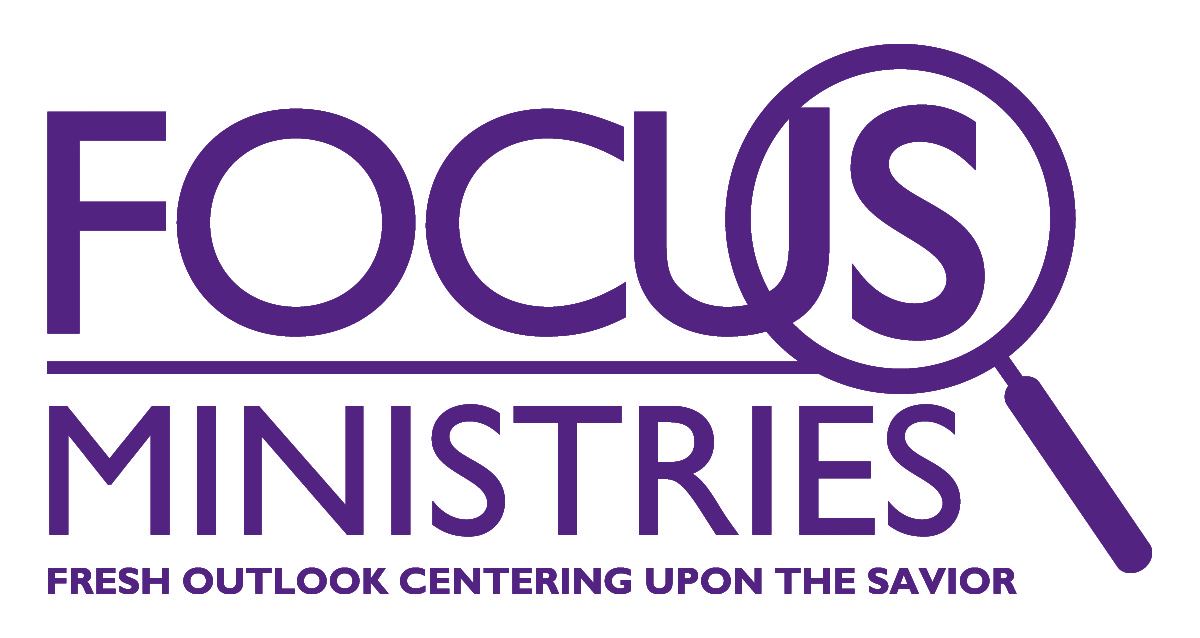We aren’t born with courage. We can’t search for it, or find it hidden somewhere in the grass like an Easter egg. Courage can be developed and lost again. It’s as elusive as a cloud on a windy day. When we most need courage, for certain that’s when we won’t have it. I’m as certain as I am of the sun going down this evening, that Esther didn’t have any the day she heard the reason why her uncle was wailing in the city gates, dressed in sackcloth, and pouring ashes over his head.
A number of things transpired between Esther’s crowning and her courageous stand in chapter 4. To quickly summarize:
Mordecai uncovered a plot to kill King Xerxes
He wasn’t honored (not even a pat on the back) – but that served God’s purposes
Haman the Agagite was promoted to a high ranking position – like Vice President or Majority Leader
Haman wanted everyone to bow to him
Mordecai would not
Haman plotted to kill Mordecai by virtue of killing off Mordecai’s entire race (this was an act of revenge for his great-great-great-great grandfather – a long story)
The king signed Haman’s plot with his irreversible signature, which meant this was a done deal, and this is why Esther find’s Mordecai wailing in the city gates. Through a messenger, Mordecai unfolds the bad news to his niece, and cryptically confides in her these challenging words: “Do not think to yourself that in the king’s palace you will escape any more than all the other Jews. For if you keep silent at this time, relief and deliverance will rise for the Jews from another place, but you and your father’s house will perish. And who knows whether you have not come to the kingdom for such a time as this?”
The words hit a home run in Esther’s heart, and she responded, “…gather all the Jews to be found, and hold a fast on my behalf, and do not eat or drink for three days, night or day. I and my young women will also fast as you do. Then I will go to the king, though it is against the law, and if I perish, I perish.” (4:12-17)
It’s one thing to speak courageous words; it’s another to follow up on them. Someone has said that courage is not an absence of fear; rather, courage is the absence of self. Esther must have heard that definition, as well. She knows she will be absolutely unable to do what she is being asked in and of herself. In fact, if it’s left up to her, there’s no way she would make an attempt to go to the king! So, Esther knows she must empty herself of self in order to serve her people selflessly. So, Esther fasts…and asks that of every Jew in the country. God-centered fasting is exactly what Esther needed! Jesus said to his disciples, “When you fast… (Matt 6:16)” – not if you fast, but when you fast! Fasting has always been an exercise to remind us of the control we like to have over our own lives, and as we relinquish that control, we open ourselves up to the Lord for his filling, his perspective, his guidance, and, of course, his protection. Fasting always has a purpose in mind – but we must be careful not to elevate our purpose over God’s. Fasting is a sign of our hungry hearts for God himself – more of him, less of me. As Esther fasted, God gave her a clear plan and courage for the hour was born.
Got courage? You don’t need more of you…just more of God…trying fasting! You won’t ever find a complete absence of fear, but what you lose will give you great gain!

